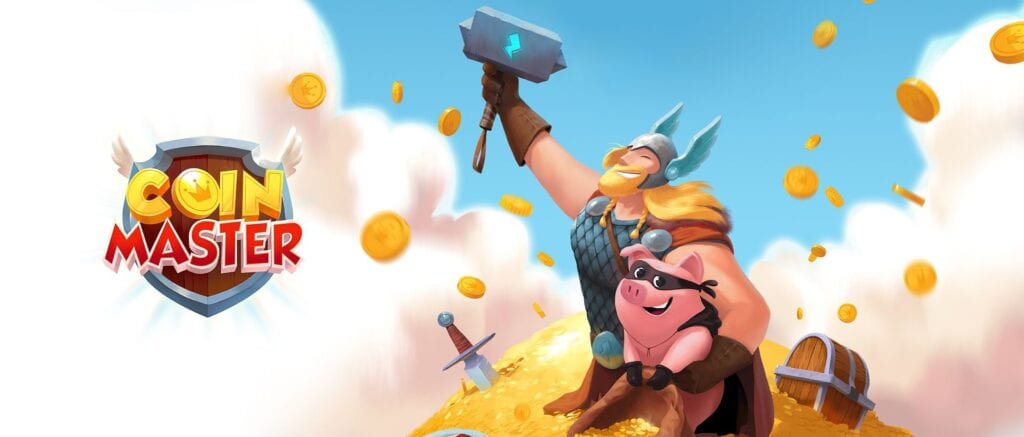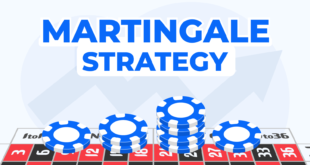Video games and online gambling are two of the most popular hobbies around. Both allow you to enjoy games with fun visuals and exciting gameplay mechanics. What most people don’t realize, however, is that there’s actually a close relationship between the two hobbies and they’ve frequently borrowed elements from each other. Take a look below to discover the ties between both hobbies.
Loot Boxes

Loot boxes are virtual items that can either be earned or bought with real money in video games. These loot boxes contain various items such as new weapons for you to use, new skins or accessories, or new characters. However, the issue with loot boxes is that you do not know what they’ve earned or bought until they open the box. Loot boxes first appeared between 2004 and 2007 in free-to-play games but have since become a staple in many online multiplayer games such as Star Wars Battlefront II.
Fans have heavily criticized the mechanic for pushing “pay to win” gameplay in which players who spend money on items and loot boxes have a better chance of winning games. They argue that those apps resemble slot sites like the ones at SmartphoneCasinos.co.uk rather than video games.
Then a video game

Since most loot boxes require you to pay using real money and has led to an increase in problem video gaming, it has now been labeled as a gambling mechanic. Numerous countries around the world have begun pushing for tighter legislation regarding the mechanic, and it’s rumored that the UK may be the next country to ban the controversial mechanic.
In-Game Gambling

Over the last few years, there has been an increase in the number of open-world or role-playing titles released. Most of these games feature living and breathing worlds filled with characters to interact with, dozens of collectibles to obtain, and activities to complete, such as gambling. Games like GTA V Online allows you to visit a virtual casino and play a variety of casino games.
Meanwhile, Red Dead Redemption allows you to play and gamble on Poker, Five Finger Fillet, Dominoes, and Blackjack too, and The Witcher 3 allows you to bet on and play the fictional card game Gwent. Fallout: New Vegas even had a casino that you could visit to try different games. These are just some of the examples, but many games now offer in-game gambling activities and opportunities.
Coin Master by Moon Active

When talking about gambling in (video) games, one cannot leave Coin Master out. The Android and iOS app, developed by Israelian company Moon Active, has been the highest-grossing game on both app stores for months with combined downloads north of 81 million and a revenue of over $500 million as of October 2019. However, Coin Master has also been criticized from day one for its gambling-style monetization.
Coin Master requires players to advance through different worlds and build characters and houses to complete each level. While that part of the game reminds more of a common strategy video game, it’s the way players have to collect their coins that causes an uproar. The centerpiece of the game is an online slot with all the familiar elements; bonus rounds, free spins, jackpots, and more. To activate the slot, players need to collect spins, which they can either do through waiting or purchasing different packages. Needless to say that throughout the game, there are many incentives to encourage players to make a purchase.
Politicians and regulators have raised concerns that Coin Master might be an entry-level form of real gambling since the game’s slot machine behaves exactly as a real money machine would. At the same time, players on Coin Master tend to be younger and potentially naive towards gambling, which poses an additional risk.
In Germany, regulators have already begun a process to ban the game from the German version of the app stores, but the outcome is anything but certain. Moon Active defends the game arguing that no real money can be won; hence regulatory bodies cannot consider it online gambling. The Gambling Commission of the United Kingdom (UKGC) seems to agree with the argument; the British regulatory body of all things gambling have announced earlier this year that loot boxes could not be considered gambling under the current legislation since no money is ever paid out to players. At the same time, however, the UKGC said that it’s about time to review the rules and regulations to ensure that vulnerable players are protected at all times.
Non-Gambling Casino Games

Finally, there are dozens of games that can be played over the internet or downloaded to smartphones as apps that play like casino games but do not offer any real money rewards or ask players to make any in-app purchases.
These games are either card, dice, or slot games and purely exist for entertainment. What’s great about all of them is that they look, sound, and play like real-money casino websites, but players don’t have to make any commitments or risk any of their money. If you ever plan to visit a real casino at one point, these apps are actually a great way of practicing a game before hitting a table. In the end, the last thing you want to do is to sit at a poker table without having a clue what to do next.
However, whenever there are no loot boxes or in-app purchases, there is one major drawback – ads! Developing a game is a major task and development studios tend to be for-profit companies, which means they want to earn money. If they cannot generate income from the user directly, they will try and recoup it by selling advertisements, which can quickly become really annoying. In fact, when you see low reviews on the app store, there is a good chance that the raters have been complaining about the number of ads popping up and disrupting their gaming experience.
Last but not least; when you do try a video game or app that offers gambling elements always keep in mind that such games should make fun. Never spend more money than you can afford to lose, even if the potential reward, whether that’s real money or add-ons, seems very tempting.
 Imagup General Magazine 2024
Imagup General Magazine 2024



